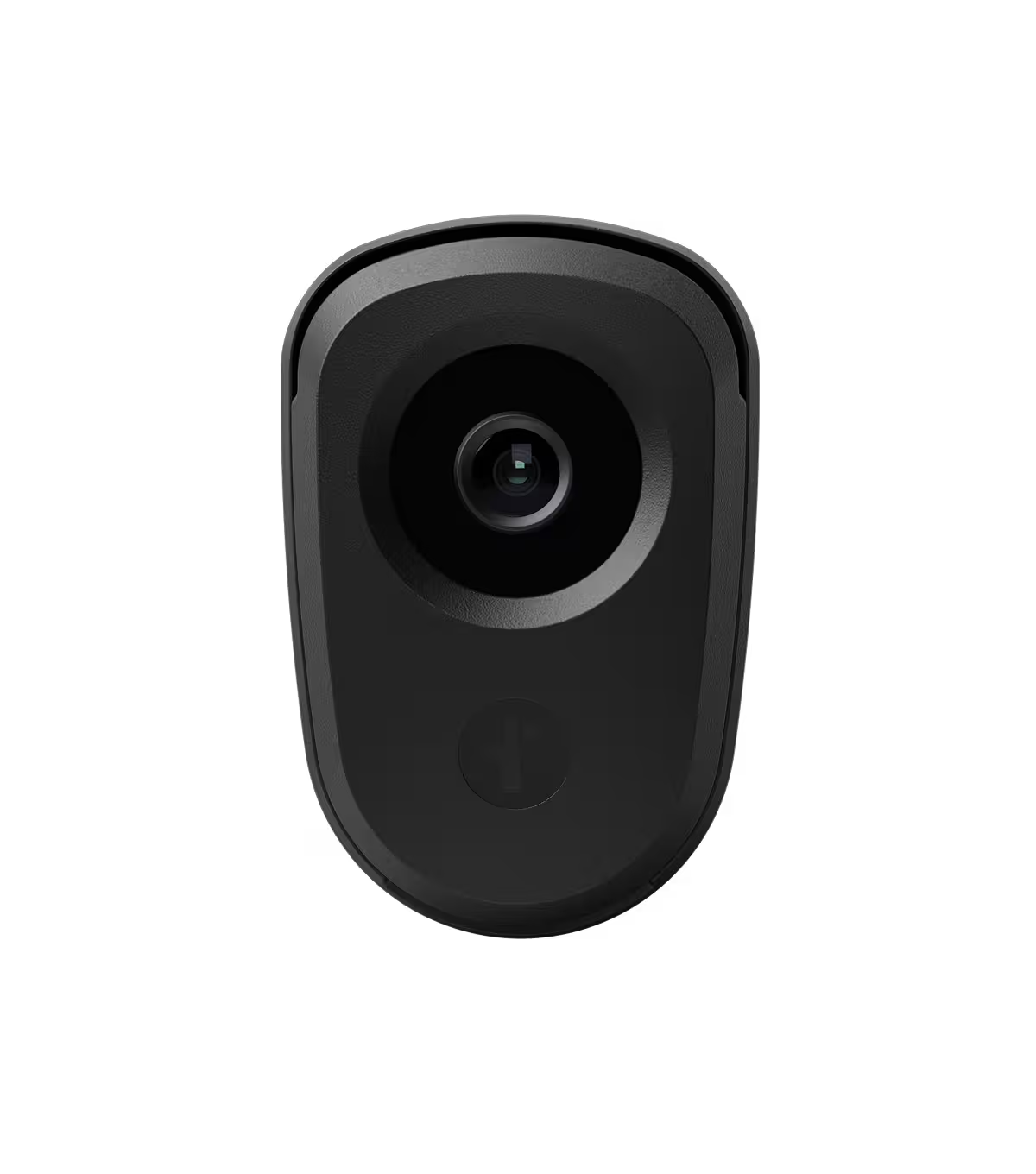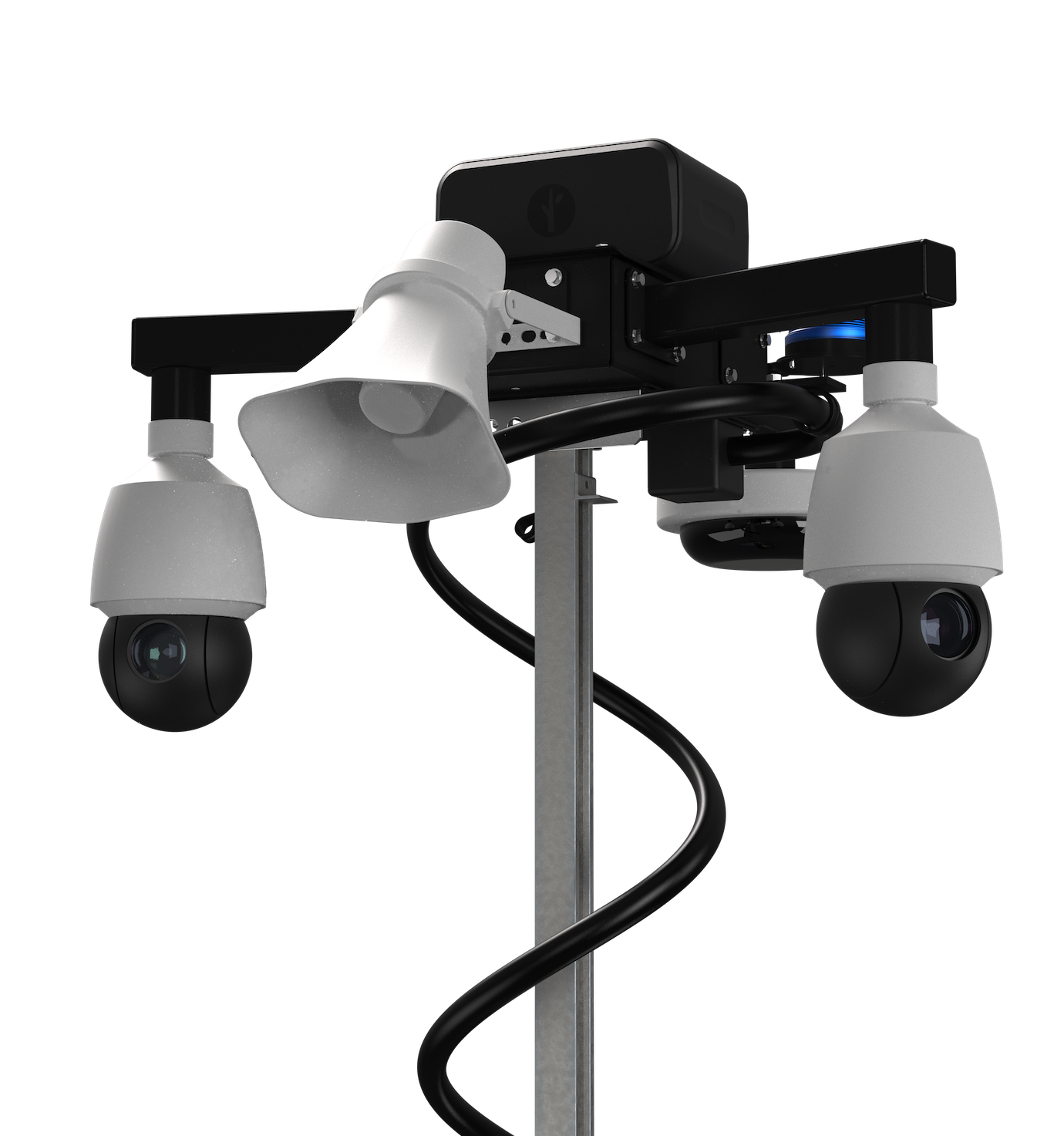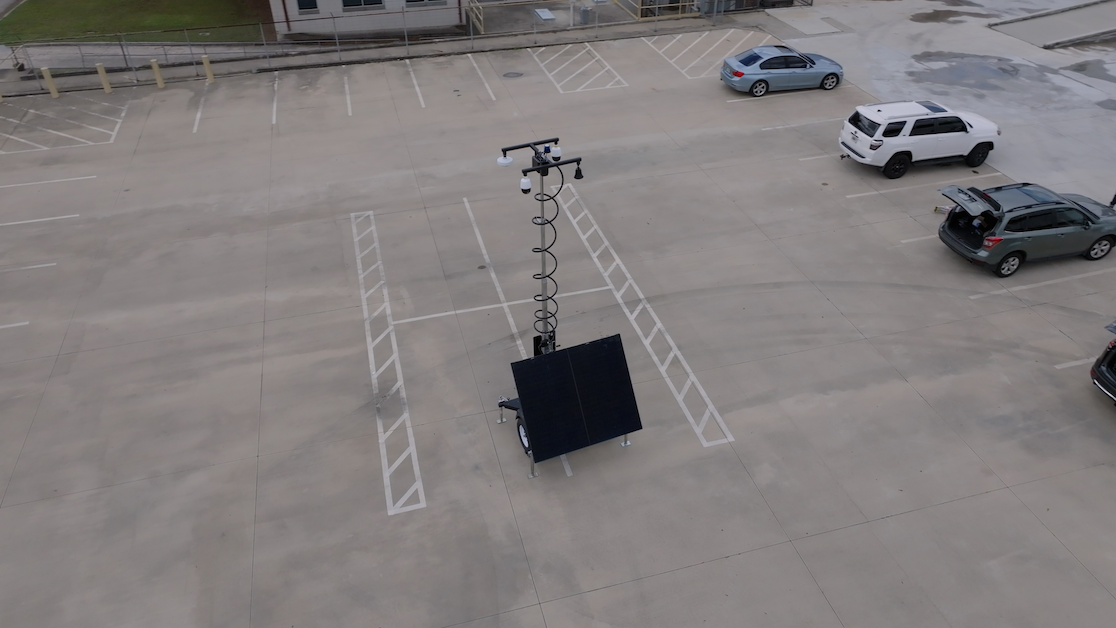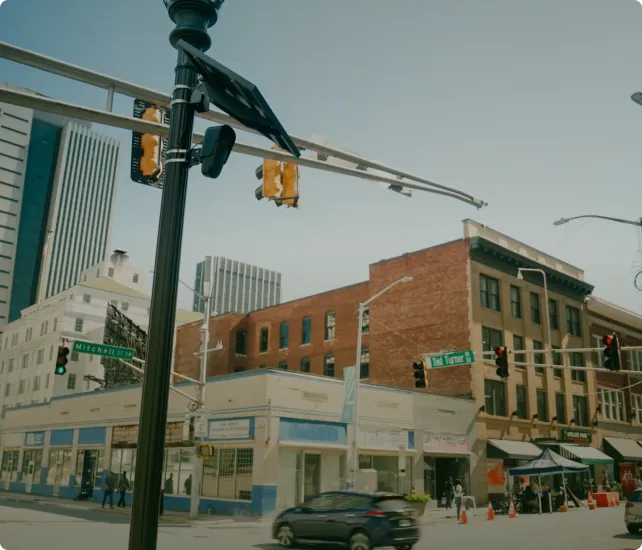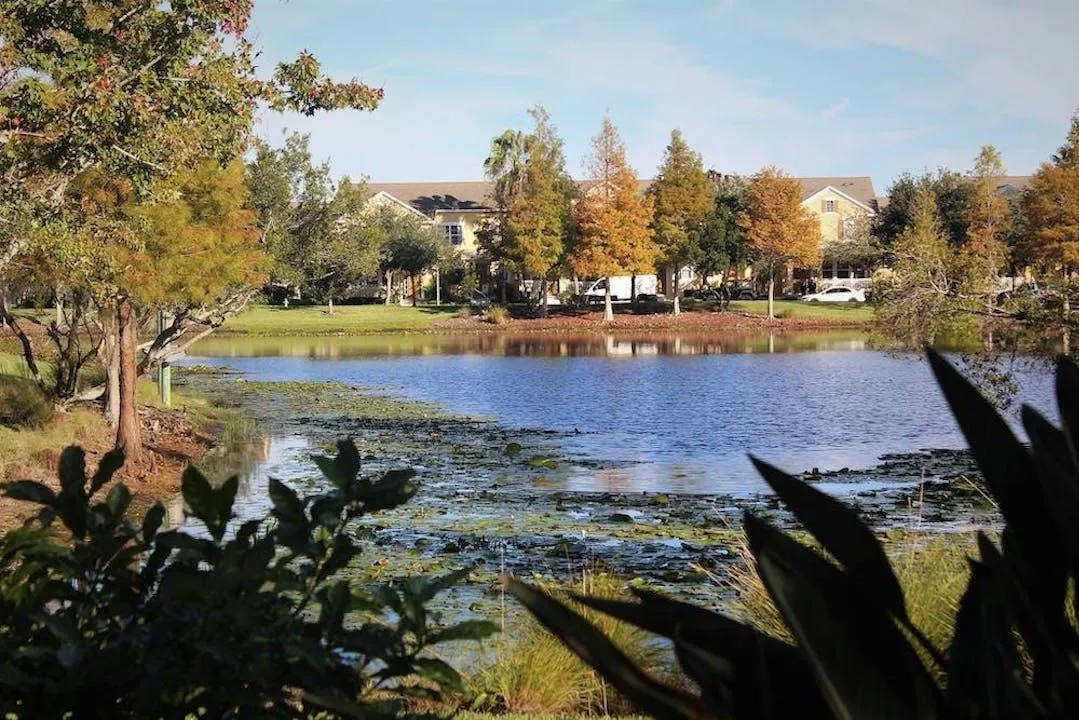


What Are A Community Manager’s Security Options? A Breakdown On Cost, Effectiveness, Ease
Jessica Cox spends her days constantly on the go. The Divisional Director leads a division of Leland Management, a community association management firm serving over 400 associations throughout Florida. Jessica oversees Leland’s Volusia division in Central Florida, where she is responsible for 36 properties split amongst herself and 8 other community manager employees.
Leland’s properties are primarily single family home neighborhoods, townhomes, and condos, each of which has its own homeowner association or condo association. The family-owned property management company prides itself on personalized, responsive customer service from each community manager.

In other words, Jessica is busy. In addition to her day-to-day responsibilities, employee management, upkeep and operations supervisory work, she is often the person called when one of the properties experiences a crime like a burglary or vandalism. She must reassure the victim and the neighborhood association, interface with law enforcement if necessary, and sometimes, try to find evidence that will help solve the crime.
When Jessica is assessing the safety options for a community, she doesn’t even consider a neighborhood gate, which many of these properties do have already, as part of the safety plan.
“The gate should be seen as an aesthetically pleasing amenity of a community, it’s not really intended to be seen as a security feature.”
Traditional security cameras don’t solve the problem
Some of Leland’s neighborhoods do have traditional security cameras in place. Jessica explained that these are almost never effective at identifying the evidence that police need.
“If you are able to pull any footage, it takes a long time and it’s never great quality,” shared an exacerbated Jessica. “Managers often must physically drive to this community and pull footage that you’re sifting through on a minute-by-minute basis trying to identify a thirty-second clip, often with limited knowledge as to what you’re even looking for. It’s just an incredibly cumbersome process.”
Most of the communities Jessica manages, however, do not even have a traditional security camera. Jessica shared that this is largely due to price constraints.
“90% of the time when a crime has happened, getting cameras is brought up, we do the research, and it gets either tabled or voted down by the Board of Directors— almost always due to expense. Homeowners see these cameras in large box store retail chains that appear to be affordable, but they don’t consider the electrical components need to install them, often involving running the wiring under sidewalks, roads, or other obstacles and the internet costs. The process of install these cameras, with all their wires, between hard surfaces, water and gas lines and gates, is very expensive.”
Even after the initial upfront costs, traditional security cameras typically come with expensive maintenance and upkeep fees, and need to be replaced every few years to remain current with technology advancements. Jessica’s assessments often come out to $20,000 or more for these cameras — and the neighborhood usually has to say no due to budgetary constraints.
“Most often Board members comment that they did not realize the projects involvement or cost. It’s a pretty significant expense if they haven’t allocated for it in the budget for the year.”
Flock Safety — it really works
So in 2018, when Jessica came upon Flock Safety’s License Plate Reading (LPR) cameras as part of her research, she immediately was intrigued by the technology as another safety option to bring to neighborhood residents.
The infrastructure-free setup powered by solar and LTE, and hands-off safety-as-a-service model sold Jessica on Flock Safety. And quickly, the neighborhood association members at several of her properties were sold as well.
Jessica and her Association’s Board of Directors have since re-signed several contracts with Flock Safety. Jessica appreciates the many efficient and time-saving features of the Flock system. For example, as the Division Manager, Jessica has access to pull footage from any of her community’s cameras to provide it to law enforcement in the event of a crime — and she doesn’t even have to leave her office to do it.
The system also allows multiple people to be granted access securely, so if one community manager is on vacation or unavailable, the evidence can be pulled quickly without a break in continuity. It helps Leland maintain its high standard of customer service.
“It’s so simple and quick for me to pull footage,” Jessica said. “In other settings, when the resident’s request cameras footage, you’re sort of dreading it because you know how burdensome it is to accommodate the request. When a request is made, the Community Manager spends time combing through hours of videos only to find nothing in some instances, or learn the equipment has failed and there is no data to retrieve.”
“Flock is so much more user-friendly for an office like ours.
Explore More





Contact us
Discover how communities across the country are using Flock to reduce crime and build safer neighborhoods.

.webp)
